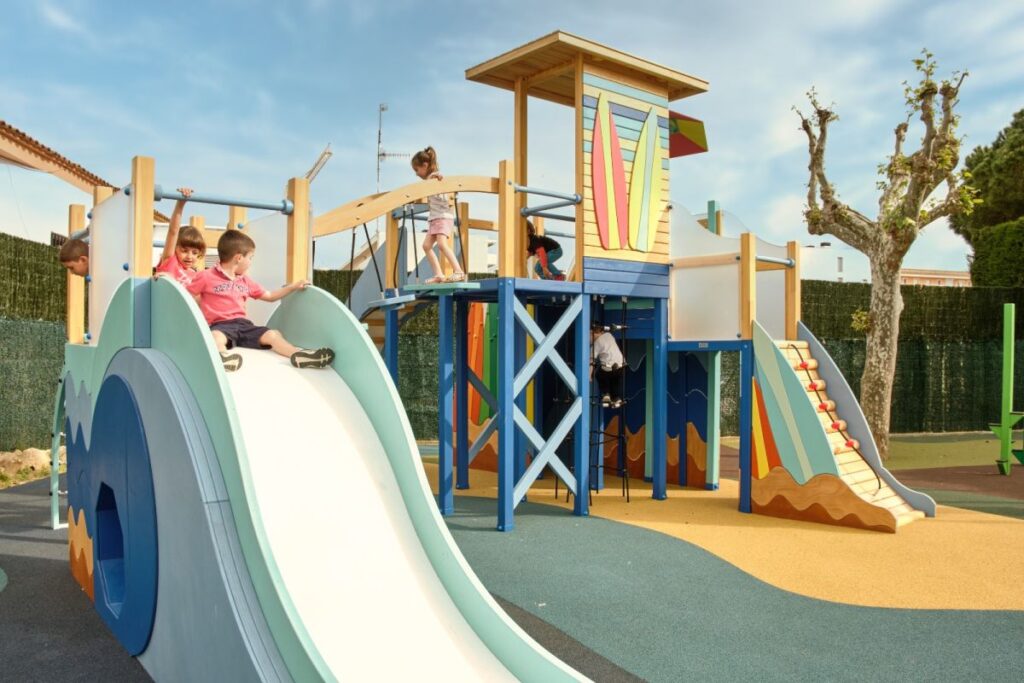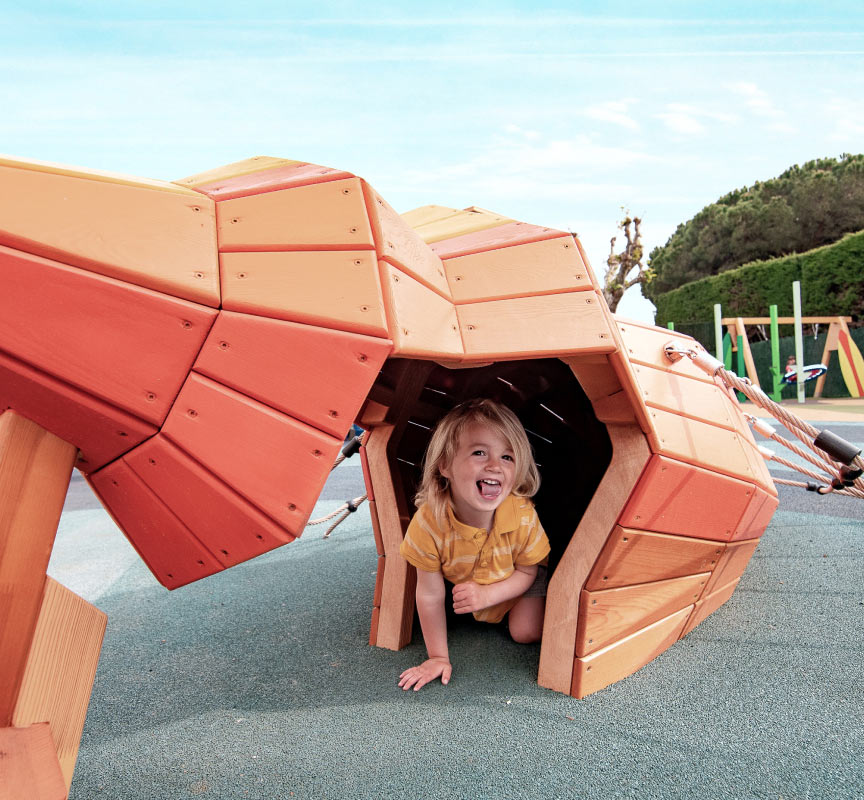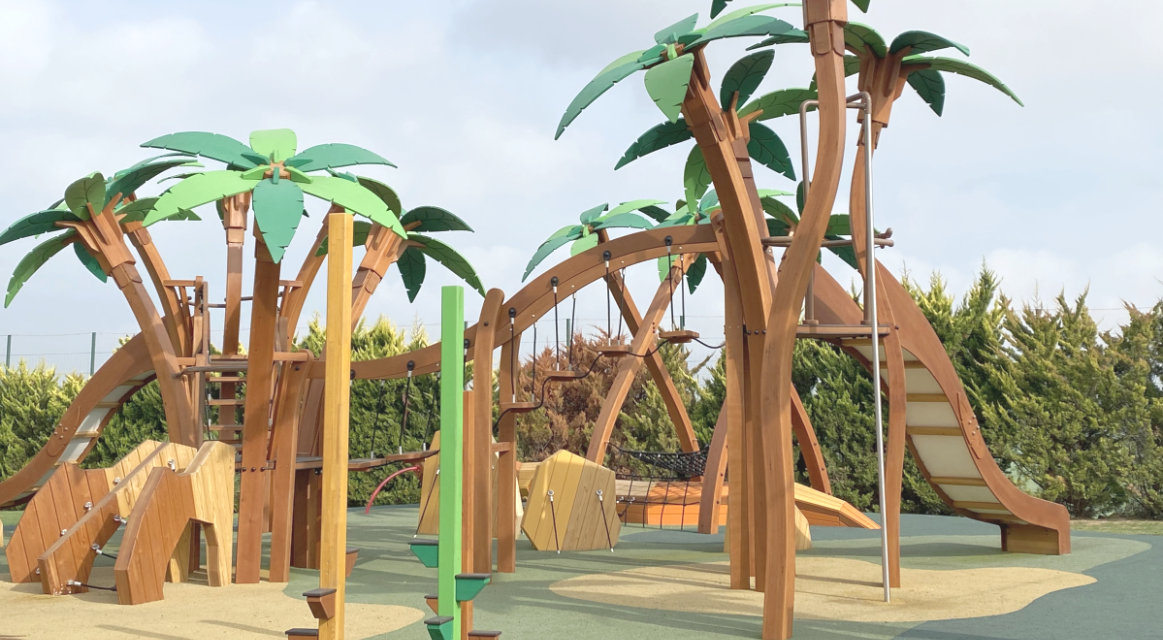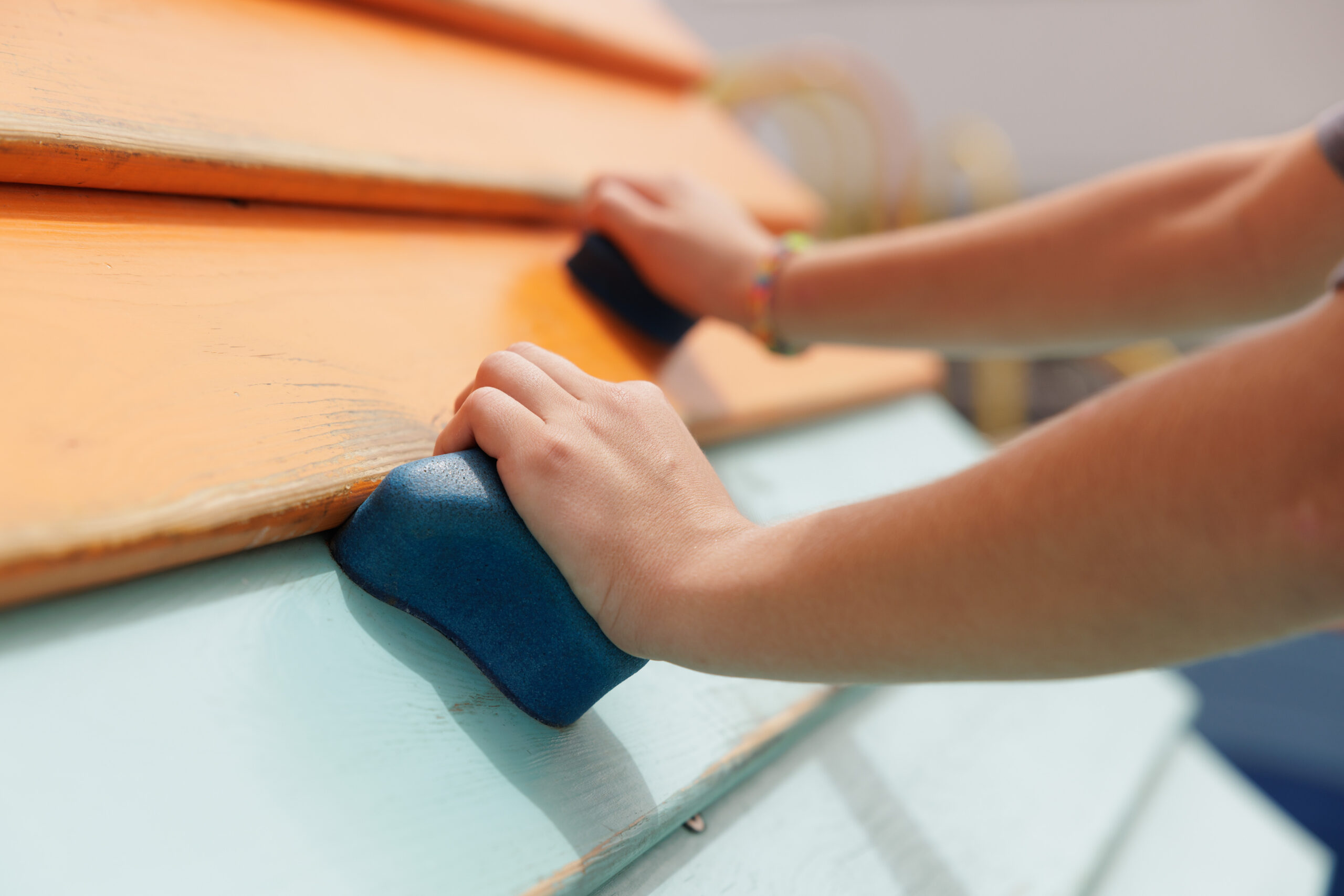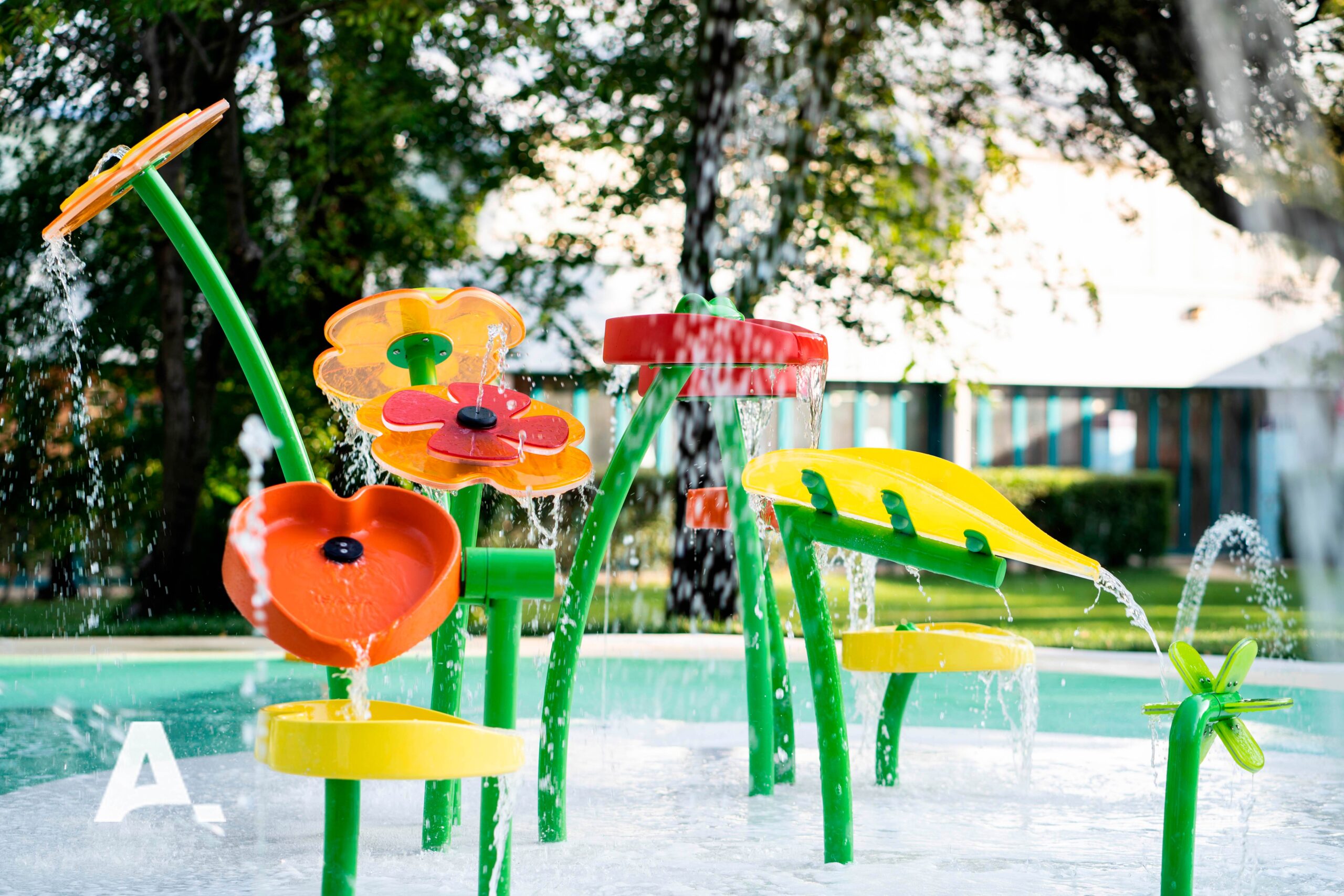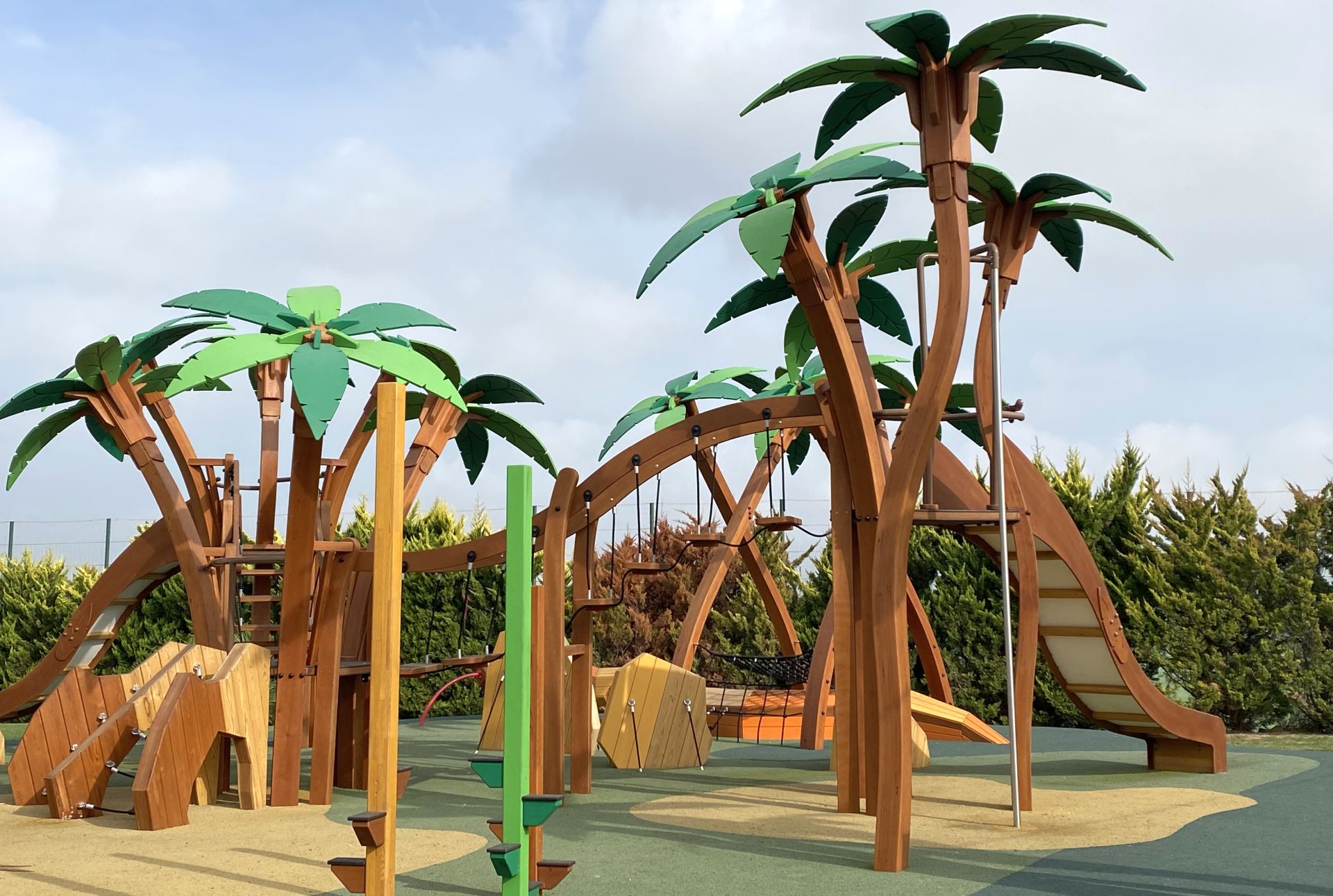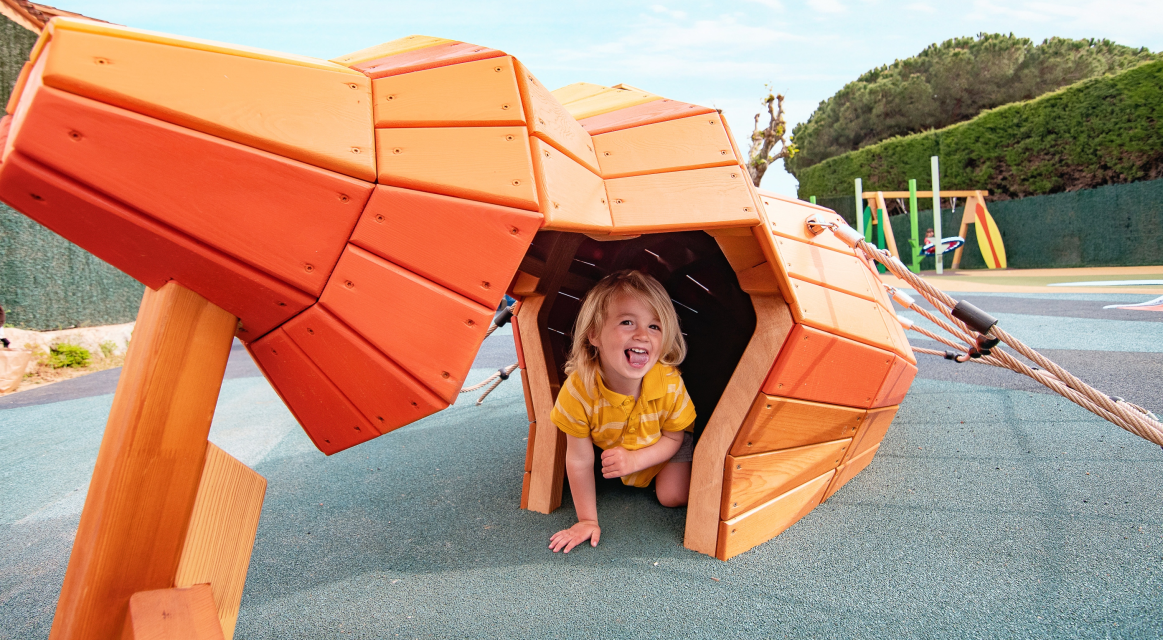Playgrounds are far more than places to have fun—they’re spaces where children learn, grow, and build key life skills. Through play, they develop abilities that directly influence their personality, emotional balance, and the way they interact with others and the world around them.
1. Social and emotional development
Playing with other children teaches them to share, collaborate, negotiate, and manage conflict. These early interactions help strengthen empathy, communication, and other core social skills that support healthier relationships in the future.
2. Boosting creativity and imagination
A playground is a world where anything can happen. There, children invent stories, create games, and let their imaginations take the lead. Free play encourages creative thinking and problem-solving—both essential for cognitive development.
3. Improving motor skills
Climbing, sliding, jumping, balancing… these activities are fun, but they also develop coordination, strength, and body awareness. Every movement helps children gain confidence and autonomy.
4. Building independence and decision-making
Play environments present small challenges that encourage children to think for themselves. Choosing how to tackle an obstacle or how to solve a problem boosts independence and self-esteem.
5. Emotional well-being and connection with nature
Outdoor playgrounds give children the chance to release energy, reduce stress, and enjoy fresh air and sunlight. Studies show that outdoor play improves emotional well-being and provides vitamin D, essential for healthy development.
Investing in play is investing in the future
Quality playgrounds support physical, social, emotional, and cognitive development. They help shape confident, well-rounded individuals who grow with curiosity and independence.
 Instagram
Instagram